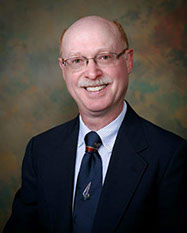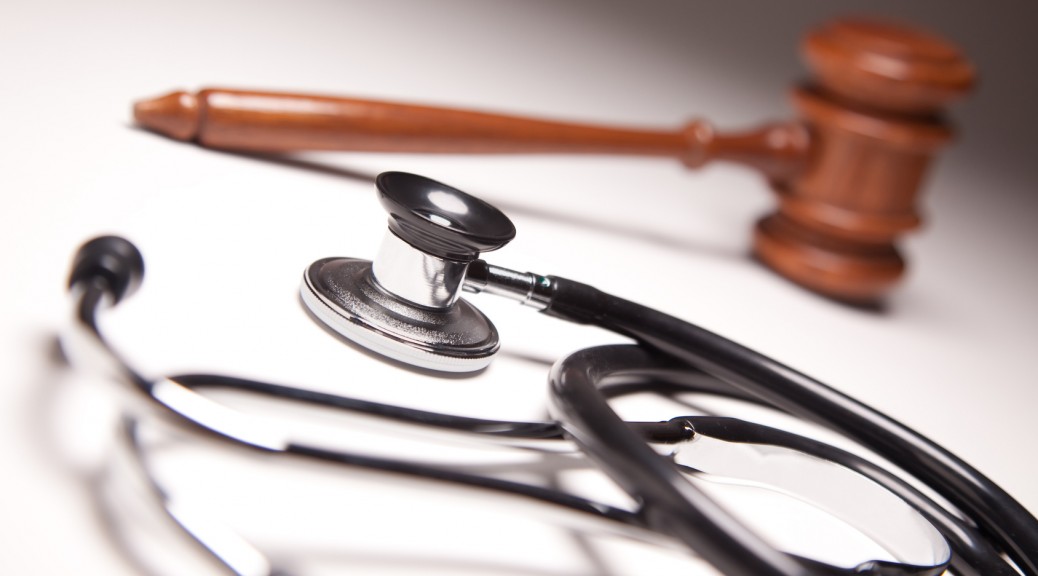In order to prevail in a medical malpractice action, the plaintiff must show, by a preponderance of evidence standard, that the defendant owed a duty of care to the plaintiff, the defendant was negligent in providing that care, the plaintiff was injured, and the legal cause of the injuries was the negligent care. All four of these elements must be shown for the plaintiff to win.
The most compelling type of medical malpractice case is the failure to diagnose a life-threatening condition which results in the death of the patient. Myocardial infarction, aortic dissection, certain malignancies, and neurologic injuries represent these types of cases. If the provider can show that he considered these types of conditions and he took steps to make the diagnosis, then he will likely win even if the diagnosis is missed.
There are false positives and false negatives for all diagnostic tests and the courts recognize this. In general, expert testimony is needed to confirm or deny that the provider did what a reasonable provider would do if faced with the same or similar circumstances. Expert testimony is required because most people do not have the knowledge or experience needed to make decisions on standards of care by themselves. Under the law, an expert can be used to educate the trier-of-fact to better understand the evidence or determine a fact in issue.
In most states and in the federal courts, an expert witness must be qualified by knowledge, skill, experience, training, or education so that he can testify in the form of an opinion or otherwise. Before an expert is allowed to testify, the court must act as a gatekeeper to determine if the expert’s testimony will substantially assist the trier-of-fact. The factors that the court will use in making this determination are (1) whether the scientific evidence has been tested, (2) whether the evidence has been subjected to peer review and publication, (3) whether a potential rate of error of the evidence is known, (4) whether the evidence is generally accepted in the appropriate scientific community, and (5) whether the expert’s research in the applicable field has been conducted independent of the litigation. These factors come from the Daubert v. Merrell Dow Pharmaceuticals, Inc. 509 U.S. 579 (1994) holdings which relate to what an expert witness is allowed to testify about in a malpractice action.
Prior to Daubert, the federal courts used the “generally accepted” standard which originated from Frye v. United States 293 F. 1013 (D.C. Cir. 1923). In Frye, the court held that novel scientific testimony is admissible in federal courts if the testimony had been “generally accepted” in the appropriate scientific community where it had originated; expert testimony must be based on scientific methods that were reasonably used and accepted. Most states then came on board with this standard and it had been used for over 70 years.
Most states and the federal Courts have adopted the holdings of Daubert but some have not. There are still 13 states which follow the standard of Frye.The Frye standard is a much easier to meet than Daubert. The courts that use the “generally accepted” standard reason that the jury should be allowed to rule on the relevance of the testimony and there should be no prior screening by a judge.
The “standard of care” is defined by statute in most states. For example, in Tennessee, it is “the recognized standard of professional practice in the profession and the specialty thereof, if any, that the defendant practices in the community in which the defendant practices or in a similar community at the time of the alleged injury or wrongful act occurred.” Most states do not have the community standard element that is in the Tennessee statute.
In medical practice, there are many conditions which now have recommendations for care and treatment. These recommendations come from committees comprised of recognized experts in the field. I was at a lecture for continuing legal education where a well-known plaintiff’s attorney stated that, as far as he was concerned, the “best practices” paradigms recommended by these committees were now the “standards of care” and any health care provider who did not follow the paradigms was committing medical malpractice. He was wrong.
Most, if not all, of the publicized treatment recommendations have a disclaimer which recognizes that it is up to the treating clinician to decided on the proper care of a particular patient. The law has not changed; the standard of care is still the care that would be provided by a reasonable physician who is faced with the same or similar circumstances. If a reasonable clinician would not have followed the committee’s recommendations, then the standard of care may still have been met.
Here is an example where the paradigm may not be the standard of care. Under the committee recommendations, a person who presents to the hospital with an acute coronary syndrome should be given morphine, oxygen, aspirin and nitrates. According to the above mentioned plaintiff’s attorney, a person not getting all elements of this treatment regimen would be the victim of malpractice. However, physicians would not give morphine to a person with a low blood pressure or to someone who is allergic to the drug. A patient who has severe chronic obstructive pulmonary disease may stop breathing if given supplemental oxygen. A person who has gastrointestinal bleeding or is allergic to aspirin should not be given that drug. We know from TV commercials that a person on Viagra or Cialis should not take nitrates as that could lead to a sudden dangerous drop in blood pressure.
Opposing attorneys will try their best to discredit the expert witness on cross-examination and they have many weapons in their arsenal to accomplish this goal. One strategy is to let the jury know how much has already been paid to review the medical records, study deposition testimony and answers to interrogatories, and how much is being charged per hour to do the reviews, give testimony at depositions, and testify at trial. The amounts can be substantial and many professionals make a significant income performing as an expert witness. If it can be shown that a particular witness has been paid a lot of money, then the jury may conclude that his opinion is being bought; the credibility of the witness will suffer accordingly.
Although there are many other ways to attack an expert on cross-examination, one of the best is to show the jury that he may not be an expert at all. This can be done by exposing weaknesses in the expert’s curriculum vitae. A national survey of 2.6 million resumes done in 2003 showed that 41 percent lied about their work experience and 23 percent lied about their credentials or licenses. A surprising 41 percent lied about their education (Thomas A. Buckhoff, Preventing Fraud by Conducting Background Checks, CPA J., Nov. 2003). Opposing attorneys now routinely check the backgrounds of medical expert witnesses and they will even look at social media sites to see if they can find some incriminating information that can be used to attack their credibility.
If it can be shown that the medical expert was willing to embellish on his qualifications, it is logical to assume he has embellished his medical opinions, also.
There are few trial lawyers that can show superior knowledge to the expert in the medical field under discussion. After all, they are lawyers and it is unlikely they have ever treated an actual patient. Book knowledge is just not enough to be a good physician and that is probably why it is called the “practice of medicine.” By practicing, you are hopefully improving your knowledge and skill as a physician all the time.
If the physician can show he used his best clinical judgment at all times while caring for the patient, he will likely win his case even if the results were not good. Physicians are forced to make judgments, some of which do not work out well for the patient. These decisions are made with the best data available; they cannot rule out every single diagnosis or provide perfect care. The courts and the juries recognize this and will generally rule in favor of the physician who has used his best judgment and done it in a timely fashion. The physician can be his own best medical expert witness in this regard.
 by Darryl S. Weiman, M.D., J.D.
by Darryl S. Weiman, M.D., J.D.
Professor, Cardiothoracic Surgery, University of Tennessee Health Science Center and Chief of Surgery, VAMC Memphis, TN
